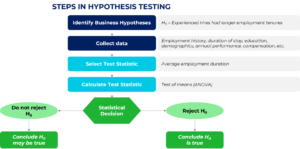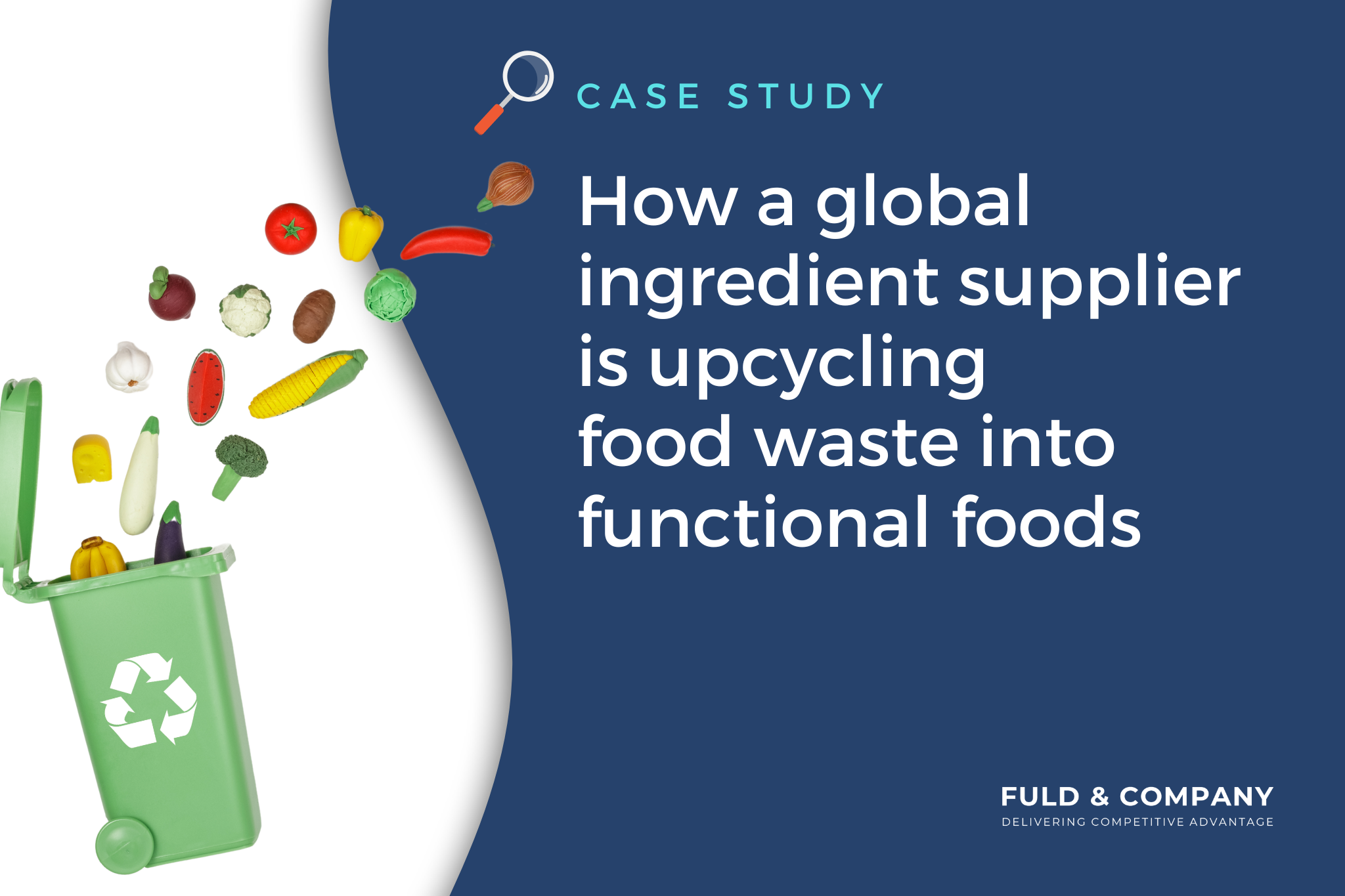Hypothesis Testing for Recruitment Strategy
Posted by | Fuld & Company
A business services client was experiencing low recruitment conversion rates and rising last-minute offer rejections, leading them to reconsider their recruitment strategy.
Objective
To review the current strategy, identify potential areas of concern, validate hypotheses and revamp the recruitment strategy.
Approach
- Conducted internal interviews with key recruitment stakeholders in both HR and operations/delivery departments.
- Drafted key hypotheses based on discussions. For example, prioritizing candidates with industry experience rather than recent graduates, assuming that they would have a longer employment tenure with the company.
- Collected anonymized data to test identified hypotheses. For example, collected data on employees hired in the past five years across different departments and geographies with labels that mentioned whether the employees were experienced professionals or recent college graduates.
- Leveraged mean- and variance-based tests to validate hypotheses. For example, tested whether experienced professionals and recent college graduates had the same mean and variance in their employment duration.
- Followed up the hypotheses tests with driver analyses to identify factors that statistically determined the duration of stay. The drivers included demographics, education, universities, etc.
Outcome
- The study found no statistical evidence to suggest that experienced professionals had longer employment tenures than recent college graduates.
- It further suggested an inherent bias toward certain demographics, indicating that the recruitment strategy also worked against the client’s diversity and inclusion goals.
- Based on the findings, the client revised its recruitment strategy.
Algorithms Used: Hypothesis test, OLS and Ridge-Lasso regression
Tools
Tags: case study, Data analytics, HR, hypotheses testing, recruitment
















